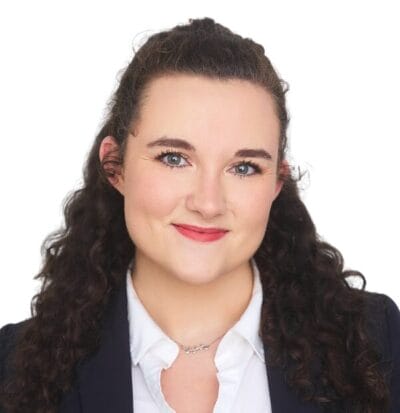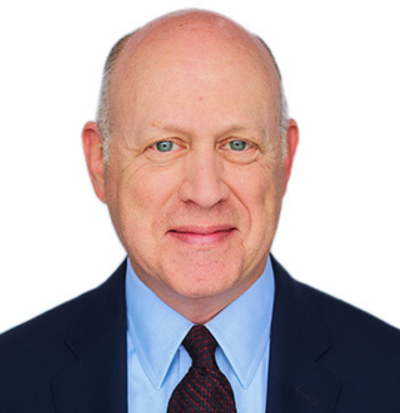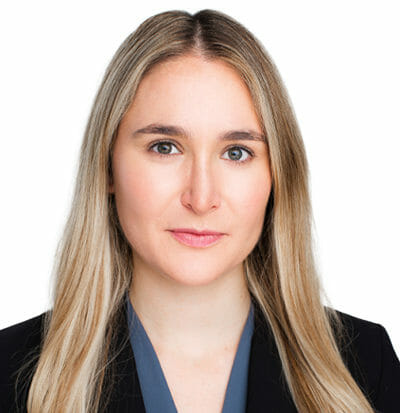By Hindy Dym
Sleep Country Canada Inc. v. Sears Canada Inc., 2017 FC 148 (February 9, 2017).
The Canadian Federal Court recently issued a rare interlocutory injunction to a plaintiff in a trademark case. Interlocutory injunctions are often sought in trademark infringement cases as it can take many months or even years before the case goes to trial. Historically, interlocutory injunctions are notoriously difficult to obtain in trademark infringement cases in Canada because it is hard to prove that the alleged harm is irreparable. In Sleep Country Canada Inc. v. Sears Canada Inc., the Federal Court enjoined Sears Canada Inc. (“Sears”) from using the slogan THERE IS NO REASON TO BUY A MATTRESS ANYWHERE ELSE (the “Sears Slogan”) which Sleep Country Canada Inc. (“Sleep Country”) alleged infringed its registered right in its slogan WHY BUY A MATTRESS ANYWHERE ELSE (the “Sleep Country Slogan”).
Sleep Country was founded in 1994 and since then has been using the Sleep Country Slogan in TV, radio, and other advertising. Sleep Country also owns two trademark registrations for its slogan. In 2016, Sears started using the Sears Slogan. Sleep Country sent Sears a cease-and-desist letter alleging infringement, but Sears refused to stop.
Sleep Country had sought an interim injunction against Sears (i.e., to enjoin Sears up until an interlocutory motion could be decided) but that action was dismissed on the basis that there was no clear evidence of irreparable harm. Sleep Country proceeded with its motion for an interlocutory injunction against Sears pending the outcome of an infringement action. The primary issue in the interlocutory injunction motion was whether Sears’ continued use of its slogan would cause Sleep Country irreparable harm. In reaching the opposite conclusion from the court that heard the interim injunction motion, the Federal Court noted that the record on the interlocutory motion was much more extensive and that the earlier decision did not provide detailed reasons for dismissing the motion.
To obtain an interlocutory injunction, a party must successfully establish three elements: (1) that a serious issue has been raised; (2) that it will suffer irreparable harm if the injunction is not granted; and (3) that the balance of convenience favors the party seeking the injunction. Sears conceded that a serious issue had been raised. The Federal Court found that the balance of convenience favored Sleep Country, in large part because Sears could easily revert to the pre-slogan approach that it had used for years. The Federal Court focused its discussion on the irreparable harm component, the second and most difficult element of the test. The key issue that was analyzed was whether Sleep Country had established with clear and non-speculative evidence that it would suffer harm through confusion, depreciation of goodwill, or loss of distinctiveness until the action would be finally determined. If the harm cannot be quantified or compensated in damages, then it would be considered irreparable.
Sleep Country argued that irreparable harm would be manifest through lost sales that would be impossible to quantify and through depreciation of goodwill and loss of distinctiveness of its slogan which is intangible and also not capable of quantification. In a detailed decision, the Court ultimately found in Sleep Country’s favor.
First, the Court found that there would be a likelihood of confusion until the disposition of the infringement action, given that the phrases are almost identical and convey the same idea, and given that Sleep Country had been using its slogan for over twenty years while Sears had only recently begun using its slogan. The Court specifically noted that in making this determination, it could put itself in the shoes of a “harried consumer” and that expert evidence was not necessary. It further held that the evidence established that the likely confusion would result in lost sales. In addition, the Court found that the evidence established that Sears’ use of its slogan until the trial would cause a loss of distinctiveness of Sleep Country’s slogan. This confusion and loss of distinctiveness would cause a depreciation of goodwill which, the Court held, was not possible to quantify.
Moreover, despite the expert evidence put forth by Sears, the Court found that any lost sales could not be quantified. Apportioning Sleep Country’s lost sales due to Sears’ use of its slogan would require using many variables and adjustments based on data that may not exist and “[a]t some point, the obstacles amount to an impossibility, as the evidence demonstrates is the case here.” The Court distinguished this case from prior cases because it relates to an infringing slogan used as part of a marketing strategy, whereas other cases involved sales of an infringing product where damages might be more easily quantified.
This decision demonstrates that while proving irreparable harm to obtain an interlocutory injunction is difficult, it is not impossible. Until recently, interlocutory injunctions had been far and few between. The first reported decision in many years in a trademark infringement case (apart from counterfeit cases) was in 2015 (Reckitt Benckiser LLC v. Jamieson Laboratories, 2015 FC 215), however the facts of that case were very specific whereas this case has a somewhat more traditional fact pattern. With this holding, the Federal Court may be sending a message that it is prepared to issue pre-trial injunctions upon a satisfactory showing of concrete and non-speculative evidence of irreparable harm, and provides some guidance on how brand owners seeking injunctive relief may frame their arguments and evidence


















































